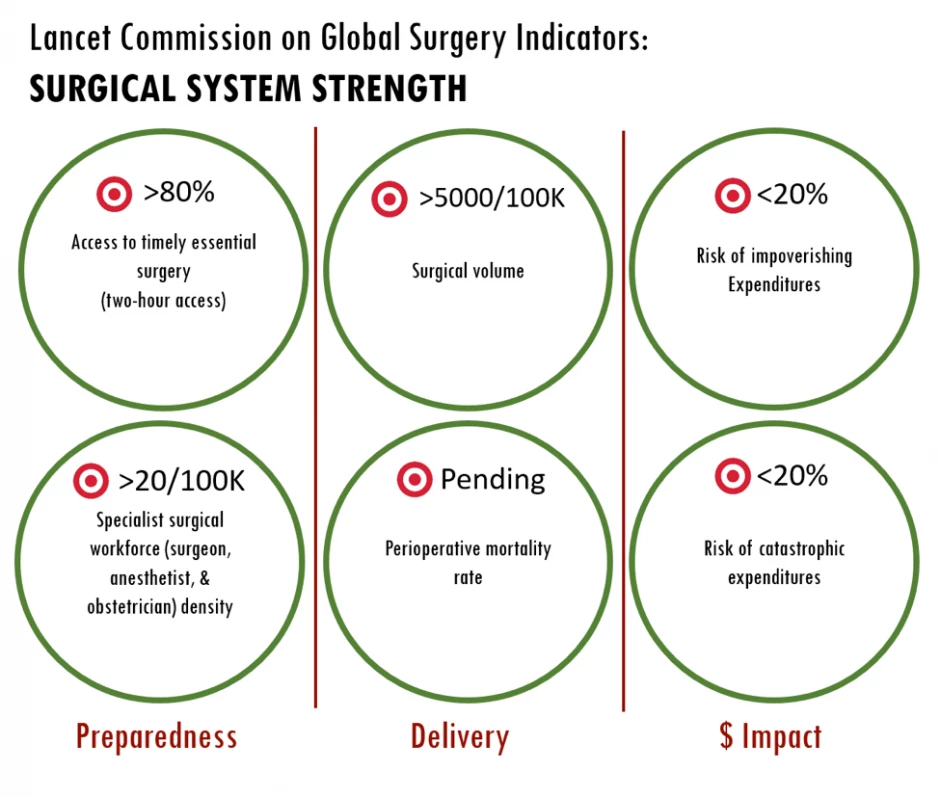
Ces rapports s'attacheront à :
- compléter les éléments présentés dans les Statistiques de la dette internationale (IDS), une publication annuelle sur la structure et les caractéristiques des stocks et flux de dette extérieure dans les pays en développement ;
- dresser un état des lieux synthétique des tendances émergentes à partir des bases de données trimestrielles sur les statistiques de la dette extérieure (QEDS) et sur la dette publique (PSDS), en mettant en évidence, avec des informations détaillées sur la dette publique intérieure, les comportements d'emprunt et les niveaux d’endettement à la fois dans les pays à revenu élevé et dans ceux à revenu faible et intermédiaire ;
- fournir des fiches d’information sur les problématiques actuelles et les initiatives en cours pour améliorer la mesure et le suivi de la dette extérieure et de la dette publique, combler le manque de données et renforcer la couverture et l’harmonisation des statistiques internationales ainsi que la diffusion des données.
La première édition du Rapport sur la dette propose un panorama régional de l'évolution de l’encours de la dette extérieure et des entrées nettes de capitaux (sous forme d’emprunts et de prises de participation). Elle reprend les dernières données régionales et nationales disponibles dans les Statistiques de la dette internationale (a) et en tire les messages essentiels.
- Avec 272 milliards de dollars, la région Amérique latine et Caraïbes a concentré en 2018 la plus grande part des entrées nettes de capitaux (27 %), suivie des pays d’Asie de l’Est et du Pacifique, hors Chine, avec 115 milliards de dollars (11 %).
- Les flux créateurs de dette ont dépassé les prises de participation dans la quasi-totalité des régions, à l’exception de l’Asie du Sud, où celles-ci ont représenté 60 % des apports de fonds, et de l’Europe et Asie centrale, où les flux d’endettement ont été négatifs (-11 milliards de dollars).
- La région Moyen-Orient et Afrique du Nord a enregistré la plus forte hausse de l’encours de dette extérieure, avec une progression de 7 % en moyenne et de 15 % en Égypte, premier pays emprunteur de la région .
- La Chine a joué un rôle prépondérant dans le volume et l'évolution des entrées nettes de capitaux en Asie de l’Est et Pacifique, en concentrant environ 80 % des flux cumulés d’endettement et d’investissement vers les pays de la région en 2018.
- Dans un grand nombre de pays d’Afrique subsaharienne, la hausse de l’encours de dette extérieure a été supérieure à la croissance économique au cours des dix dernières années . Le ratio de la dette extérieure par rapport au revenu national brut atteignait en moyenne 36 % fin 2018, ce qui correspond à une variation minime par rapport à l’année précédente, mais à une augmentation de plus de 40 % par rapport à 2009.
Pour accéder au Rapport sur la dette 2020 et aux produits qui l’accompagnent :
- Télécharger le rapport intégral au format PDF (a)
- Télécharger l’édition 2020 des Statistiques sur la dette internationale (IDS) au format PDF (a) ou rendez-vous dans les Archives ouvertes du savoir (OKR) (a) pour y accéder
- Télécharger ou consulter la base de données (a)
- Consulter la page d’accueil des IDS 2020 (a)
- Accéder directement aux tableaux statistiques (a)
- Consulter le portail des Données sur la dette (a) pour des informations connexes
- Consulter la rubrique À propos (a) pour une description complète des concepts et définitions des IDS
- Exploiter l’outil de recherche DataBank, pour créer, enregistrer, partager et incorporer dans des pages web des tableaux, des graphiques et des cartes : https://databank.worldbank.org/reports.aspx?source=international-debt-statistics
Autres ressources utiles :
- Le service d’assistance, qui répond aux questions fréquentes à propos des données de la Banque mondiale et permet aux utilisateurs de faire part de leurs requêtes : https://datahelpdesk.worldbank.org/ (a)
- Le principal site de données en libre accès de la Banque mondiale, https://donnees.banquemondiale.org/, disponible en cinq langues : anglais, français, espagnol, arabe et chinois


Prenez part au débat